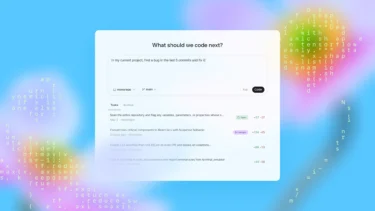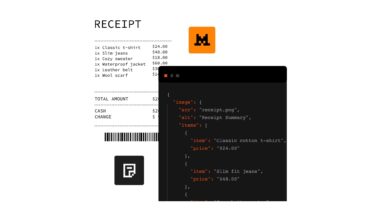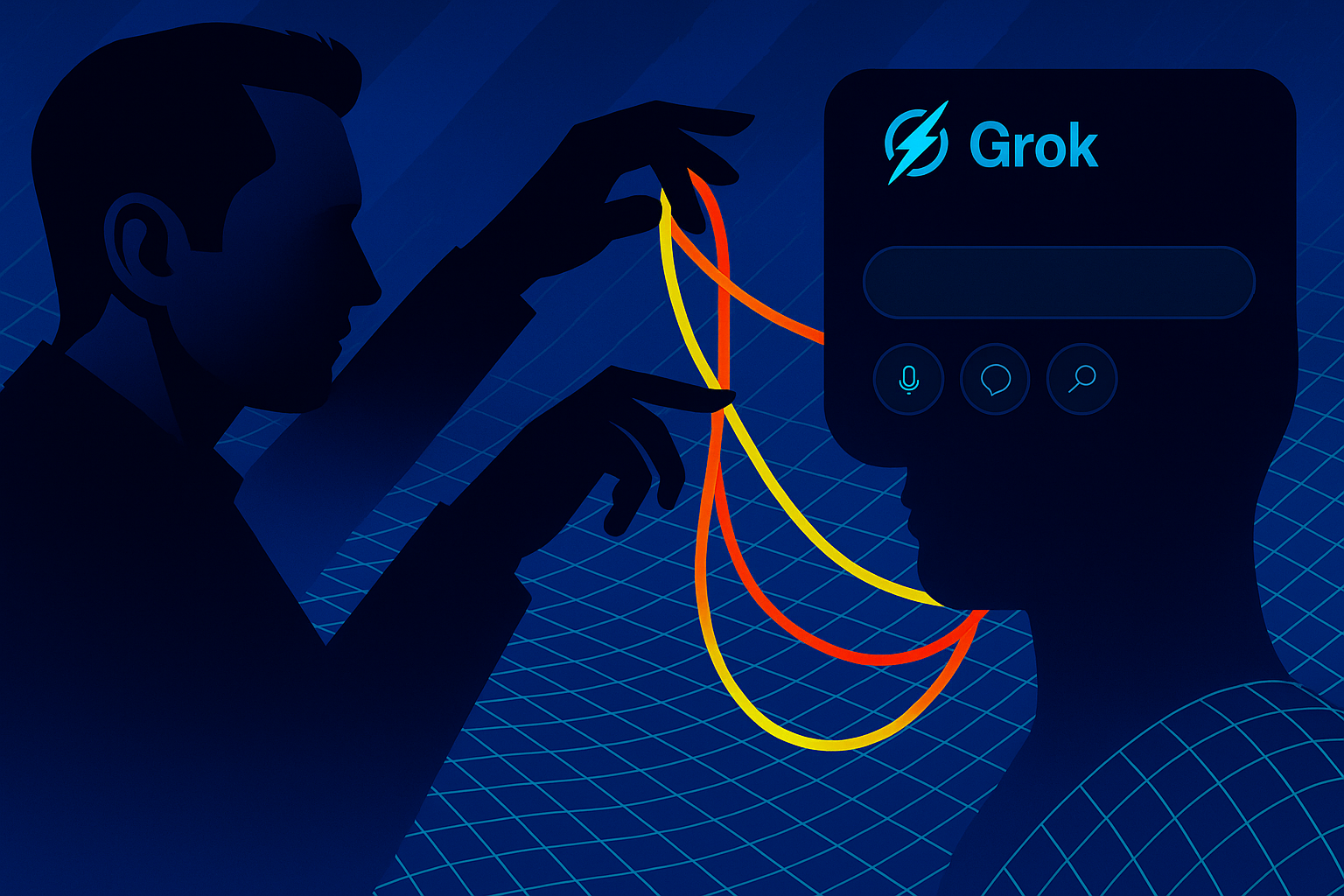Anthropic shifted its focus away from chatbots at the end of last year, according to head of science Jared Kaplan. In a recent interview, Kaplan explained that the company is now prioritizing more complex tasks like research and programming. This new direction is also reflected in the latest Claude 4 models, which are designed with agent-based applications in mind. Kaplan acknowledges that tackling these kinds of advanced tasks comes with a higher risk of models behaving unpredictably. As a result, Anthropic is putting a strong emphasis on minimizing those risks. Programming remains a particular strength for the company’s models—a core capability that has made Anthropic especially popular with developers. The approach appears to be paying off: Anthropic's annual revenue has doubled, reaching two billion dollars.
A US court has allowed a lawsuit to proceed against Google and the AI startup Character.AI. The plaintiff, Megan Garcia, holds Character.AI's chatbots partly responsible for the suicide of her 14-year-old son in February 2024, alleging that the bot posed as a real person, therapist, and romantic partner. Google and Character.AI tried to have the case dismissed, citing free speech protections, but the court rejected their argument. Character.AI says it has safeguards in place to prevent self-harm, while Google denies any responsibility and points to the companies' independence.










